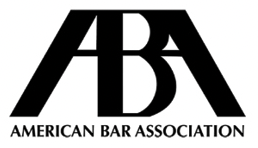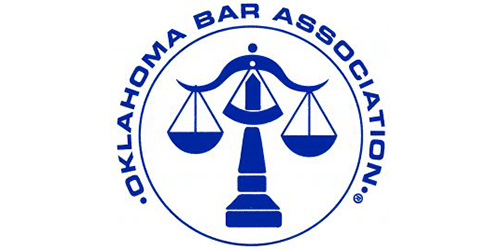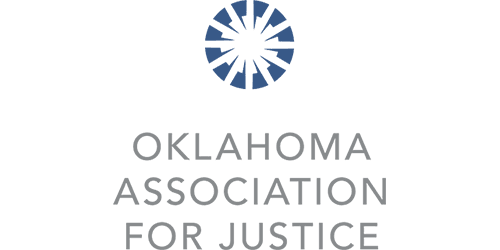

On a quiet September afternoon in 2013, a minor fender bender between a tractor-trailer and a pickup truck barely disrupted life in the tiny East Texas town of Ore City.
Joshua Patterson was driving his pickup to a church luncheon when the vehicle was sideswiped by an FTS International Services tractor-trailer driven by Bill Acker. Both drivers pulled over and, during a friendly exchange, reported no injuries. Over a handshake, Acker offered an apology and accepted blame for the mishap. After local police visited the scene, the drivers went on their way.
Later that evening, Patterson’s neck felt sore. The next day, his father advised him to visit a doctor. And retain an attorney.
Nearly five years later in a Texas courtroom, that seemingly uneventful drive-away accident resulted in a $101 million jury award against FTS.
The award was reduced to $32 million by the trial judge.
While now in the hands of the Texas 12th District Court of Appeals, this civil action against FTS remains one of dozens of so-called “nuclear” verdicts against motor carriers, defined as awards in excess of $10 million, that in recent years have been on a steep rise.
It’s true that FTS, a Texas oil field service company based in Fort Worth, owned some liability in the case. The company’s driver was shown to be at fault, and trial testimony demonstrated that FTS had knowingly put a risky driver behind the wheel.
But the verdict was a huge overreach, the state appeals court said in an Aug. 26 opinion. The three-judge panel said the seven-day civil trial offered a stunning example of how an overzealous plaintiff attorney and runaway jury turned a fender bender accident into an attempt to “send a message” not only to FTS, but to the entire trucking industry.
“The record here clearly indicates that the award was based on passion, prejudice, or improper motive, or is so excessive as to shock the conscience,” Texas appellate court Justice Greg Neeley wrote on behalf of the appellate panel.
While Neeley noted that the jury could have — based on the evidence in the record — reasonably formed a “firm conviction or belief” that Acker individually acted with “gross negligence” and may have caused some injury to Patterson, an examination of the lower court trial record also revealed that the jury award was based upon the jury’s disapproval of FTS instead of “adequate and reasonable compensation for Patterson’s actual injuries.”
The appeals court sent the case back to the district court for a new trial, which has yet to be scheduled. The case is on hold due to FTS’s September filing for bankruptcy protection in federal court. The bankruptcy is not related to the civil case.
Meantime, a trucking industry attorney said actions like those of the appeals court need to happen more frequently to blunt the spread of nuclear verdicts.
“Frankly, this is the kind of thing that needs to happen — for appellate courts to strike down some of these crazy jury verdicts,” Rob Moseley, a longtime trucking defense attorney with the Moseley Marcinak Law Group, based in Greenville, S.C., told Transport Topics. “Otherwise, litigation just becomes extortion.”
Moseley, who is familiar with the case, added, “We should all be encouraged, not that this verdict happened, but that the structure was in place and the appellate court looked at the case and decided that this was not something they would affirm.”
Donald Smolen, a Tulsa, Okla., civil trial attorney, said such “runaway” jury verdicts coming out of small-town Texas are not uncommon. Smolen works with attorneys on cases in Dallas and Houston, he said.
“Yes, there are isolated cases where that happens that might not be justified,” Smolen told TT.
“But I don’t think it’s a systemic issue across the country. I think you’re going to find that there are small areas across the country where these kind of verdicts happen.”… Read More
Smolen Law's mission is to provide exceptional legal services with integrity, professionalism, and respect.
Choose the Oklahoma law firm that gets results: Smolen Law.




